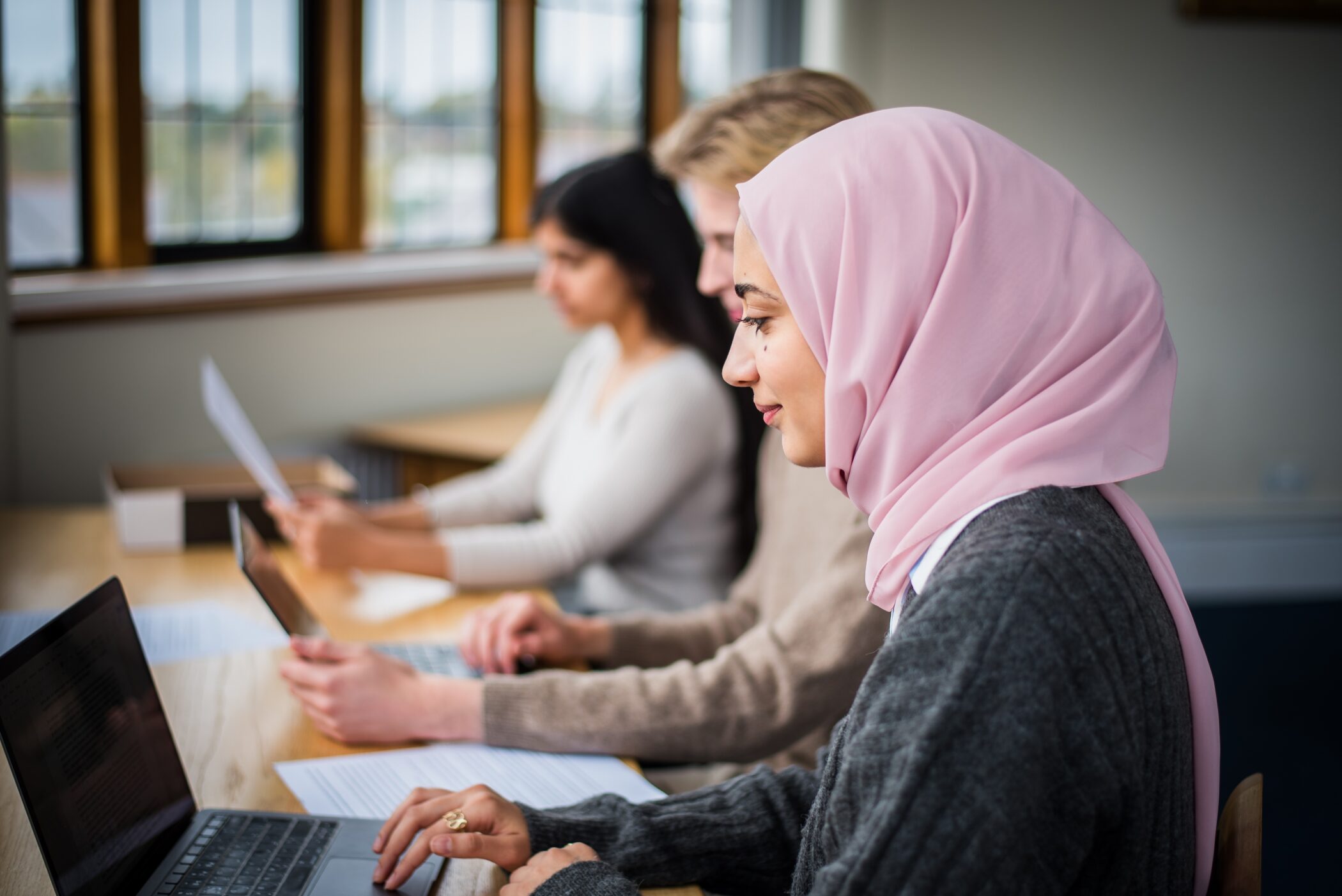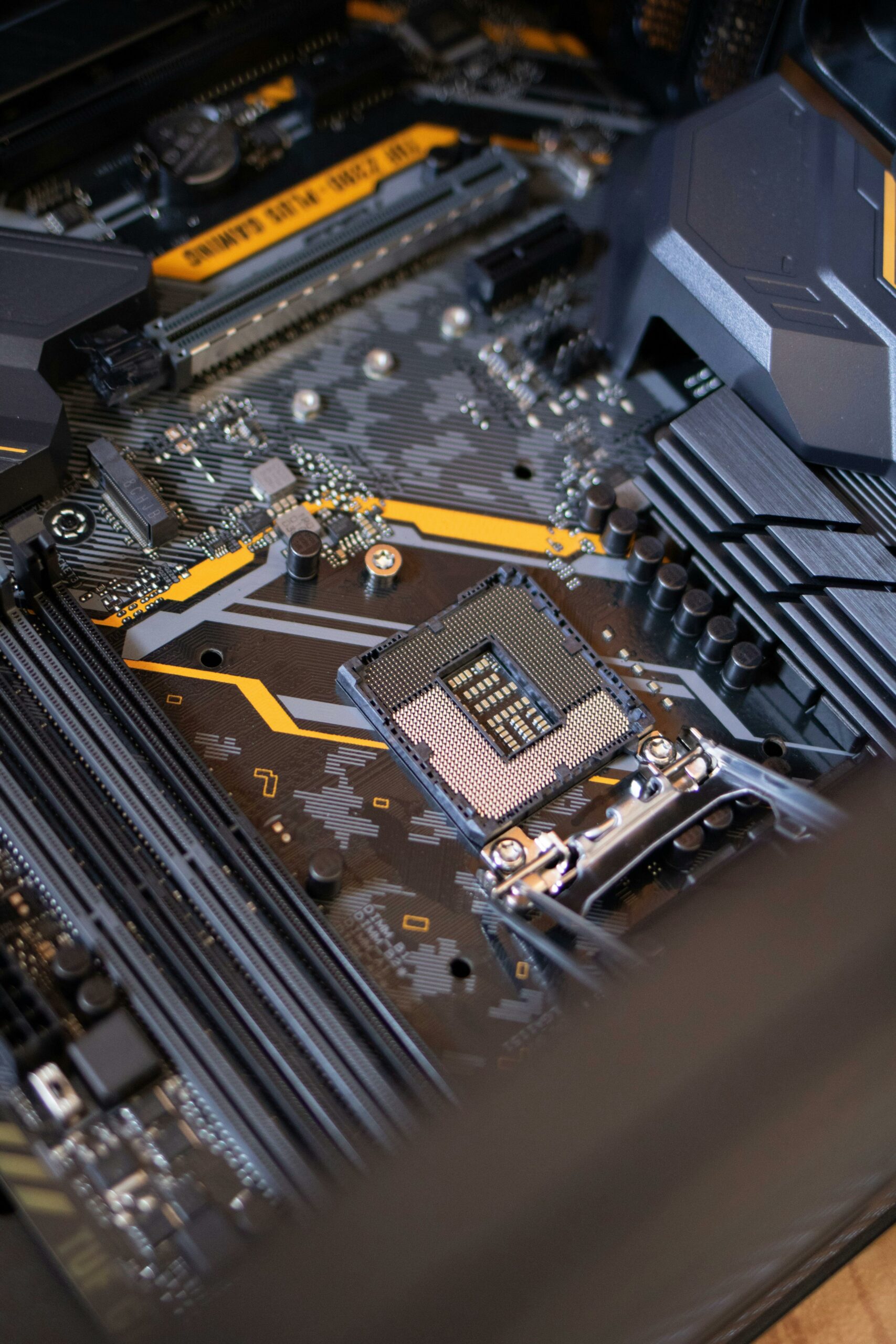Studying Computer Science at Cambridge
- UCAS Code:G400
- How many are admitted to Cambridge every year:122
- Minimum offer: A*A*A
- Essential subjects: Mathematics, Further Mathematics
- Useful subjects: Chemistry, Computer Science, Physics
The University of Cambridge was a pioneer in Computer Science. Alan Turing developed the theoretical foundations of computing here in the 1930s and since then Cambridge has been at the forefront of Computer Science research. The Department of Computer Science and Technology continues to innovate in the field with work on AI, quantum computing and computer architecture. The department has world-class facilities with the latest technology.
The Computer Science degree is a three-year or four-year course. Students graduating after three years receive the BA honours degree. Students who achieve a high standard in the third year can continue their studies for a fourth year and receive a Master of Engineering (MEng) degree.
What can I do with a degree in Computer Science?
There are more than 1,000 specialist computing and advanced technology companies in the Cambridge area which is known as “Silicon Fen”. Many local firms work with us to support our teaching and offer jobs for graduates. Cambridge graduates progress to careers as programmers and software development professionals. Others continue to further study, research careers or found their own companies.
For more information, please visit the University Careers Service website at: Using your degree: Computer Science | Careers Service

Studying Computer Science at St Edmund’s College
The College is ideally situated for students of Computer Science, being one of the closest to the splendid new Computer Laboratory facility on the West Cambridge site. There are usually a number of undergraduates and affiliated students, with a similar number of PhD students mixing freely in a supportive and cooperative environment. This means that there is plenty of scope for subject-specific conversation and learning from each other at College.
Our Computer Science students are well supported in College. We are able to organise supervisions (small-group tutorials) for all courses, including the more specialised ones taken in the final year of the Computer Science Tripos. The Director of Studies maintains close contact with the students and assists them throughout their degrees, including when applying for summer internships or jobs. Our undergraduate students also participate in the Computer Science Talks series (organised in collaboration with various other Colleges). This initiative not only enhances our students’ soft skills but also gives them an opportunity to explore state-of-the-art aspects of Computer Science.
The college offers lots of places where you can study, including the Paul Luzio Library building, the Norfolk library, study desks in the Mount Pleasant Halls Common room, the comfortable couches of the CR, in Edspresso, our café, or the benches in our lovely apple orchards!
We also have six study rooms (2 in the Luzio building, 2 in Norfolk building, and 1 in Mount Pleasant Halls), which can be booked by students for their private study time or group projects.
Our college also has an extremely supportive Welfare and Wellbeing Department, which is happy to lend an ear and provide support should a student feel anxious or overwhelmed with the academic year.
How to Apply
Applications for all courses are made through UCAS. You must apply by 15 October 2025 to be considered for entry in October 2026. Applications for 2025 entry have already closed.
Requirements
Tests
Interviews
Deferred entry
Affiliated students
What is a typical Term’s work
In your first year, which is often referred to as Part IA (or 1A), you study the fundamentals of Computer Science. As well as the lectures, courses use practical classes to cement knowledge. These involve a series of exercises across a range of lecture courses, including hardware practicals and programming practicals in OCaml, Java and Python.
Often there are sessions for the programming practicals with demonstrators who can help you if you get stuck. Since we expect everyone to have different levels of experience, most practicals contain a core set of tasks, and a few optional exercises that can be used to challenge yourself.
People
- Dr Luana Bulat, Director of Studies
- Dr Andy Harter CBE DL FREng, Fellow, Computer Laboratory; Chair, Cambridge Network; Vice President, The Institution of Engineering and Technology


